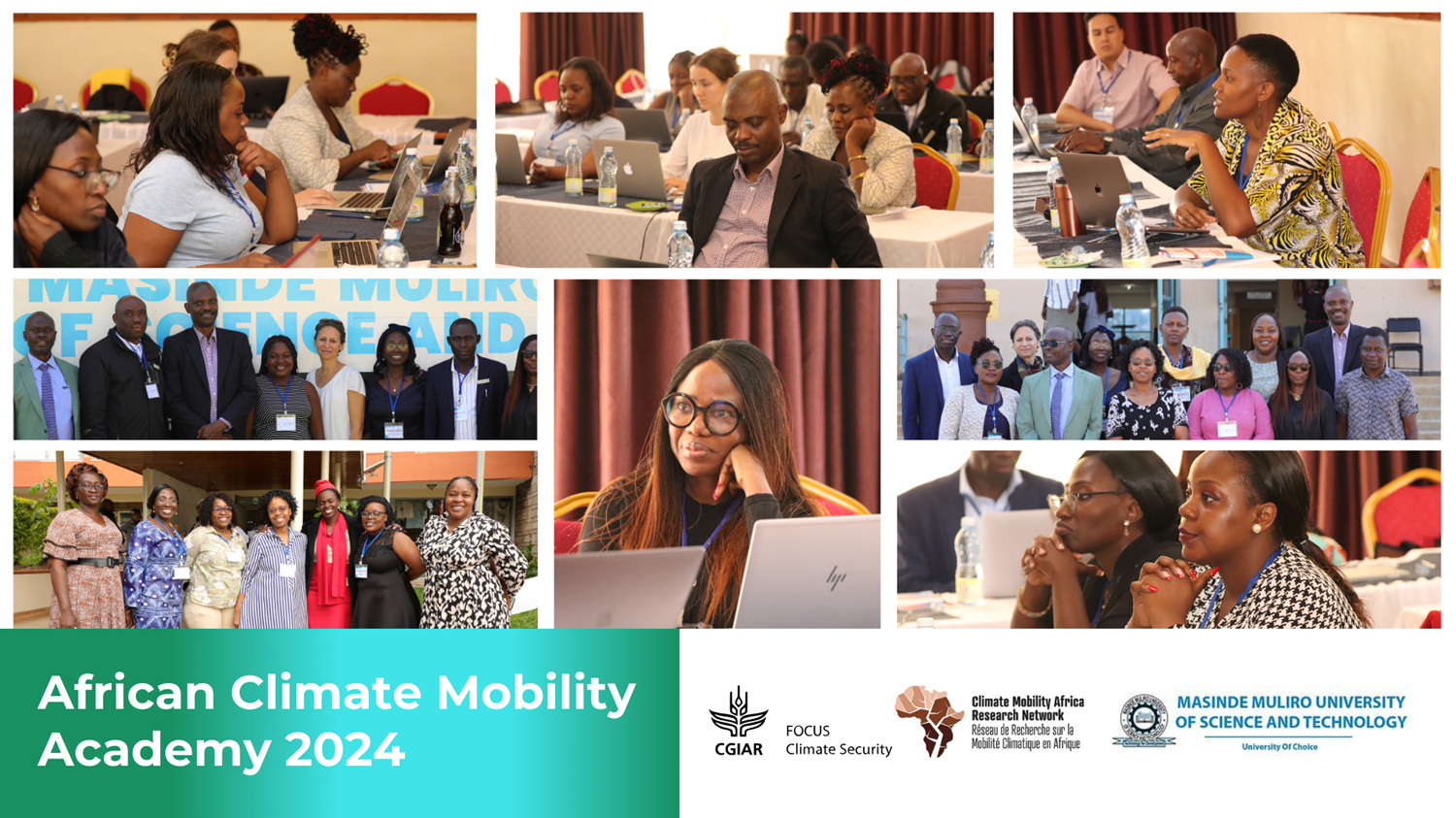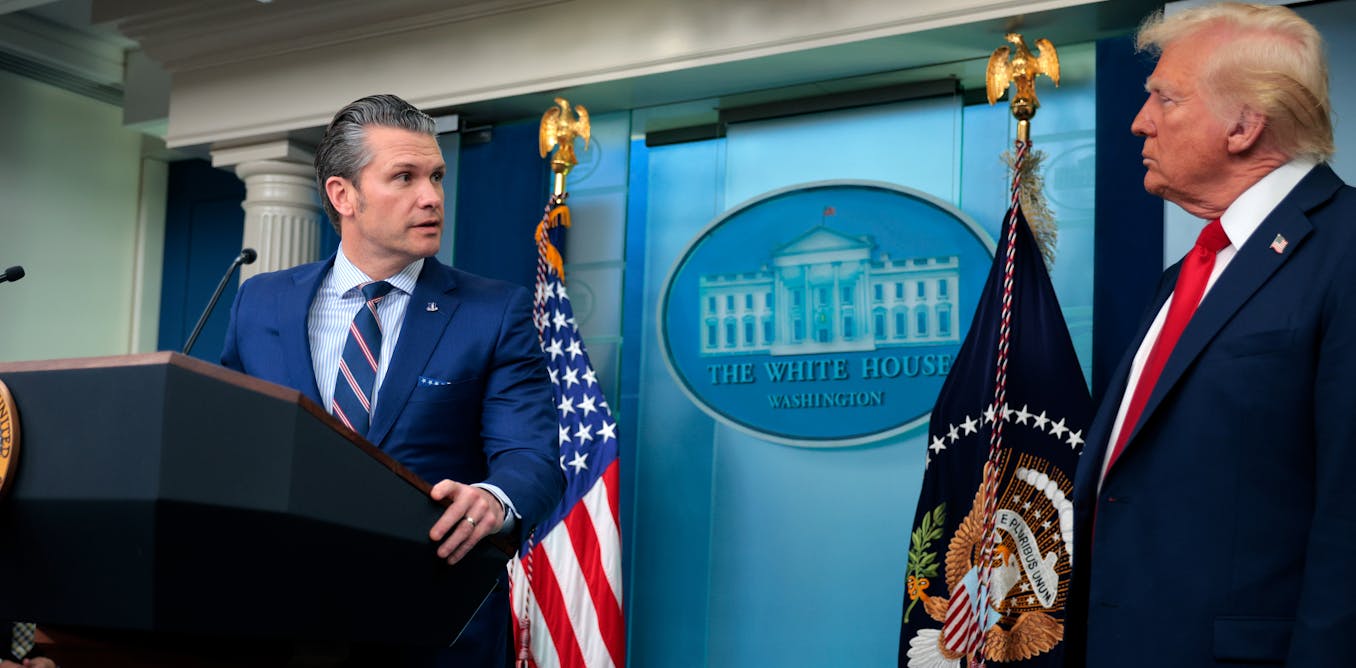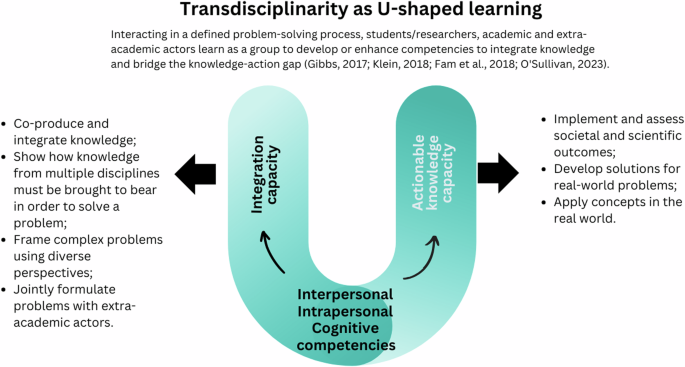"We Need our Brains at Home in Ukraine"
As the US and Russia hold controversial peace talks, Ukrainian research leaders want scientists back.
Send us a link
As the US and Russia hold controversial peace talks, Ukrainian research leaders want scientists back.
Centre-right leader Friedrich Merz is expected to become chancellor in a new coalition following election.
Leaked plans for climate research show EU will strive for more impact in final years of Horizon Europe.



New research from the University of Southampton has found that trust in representative institutions, such as parliaments, governments and political parties, has been declining in democratic countries around the world.
Commission’s silence on the next EU R&I programme is becoming alarmingly loud, says the author
Early career researchers’ path to independence is unnecessarily bumpy
The American Association for the Advancement of Science and the Royal Society have launched a new framework for science diplomacy.
President Trump sees himself as a dealmaker and Elon Musk sees himself as a science-based innovator. Might this fabled partnership lead to a confluence towards what is termed “science diplomacy?”
Three years after the attack on Ukraine, positions are changing, but there is no more money in Germany for military research.

Over the past two decades, transdisciplinarity has been cited increasingly by policymakers and university actors as a means to reshape learning and research processes to improve society’s potential to tackle grand societal challenges.

The Spark grants scheme, run by the Swiss National Science Foundation (SNSF), anonymises applications. This has meant a more diverse range of winners, particularly younger scientists and those new to SNSF funding.
Research centers move to reduce salaries and lay off staff.